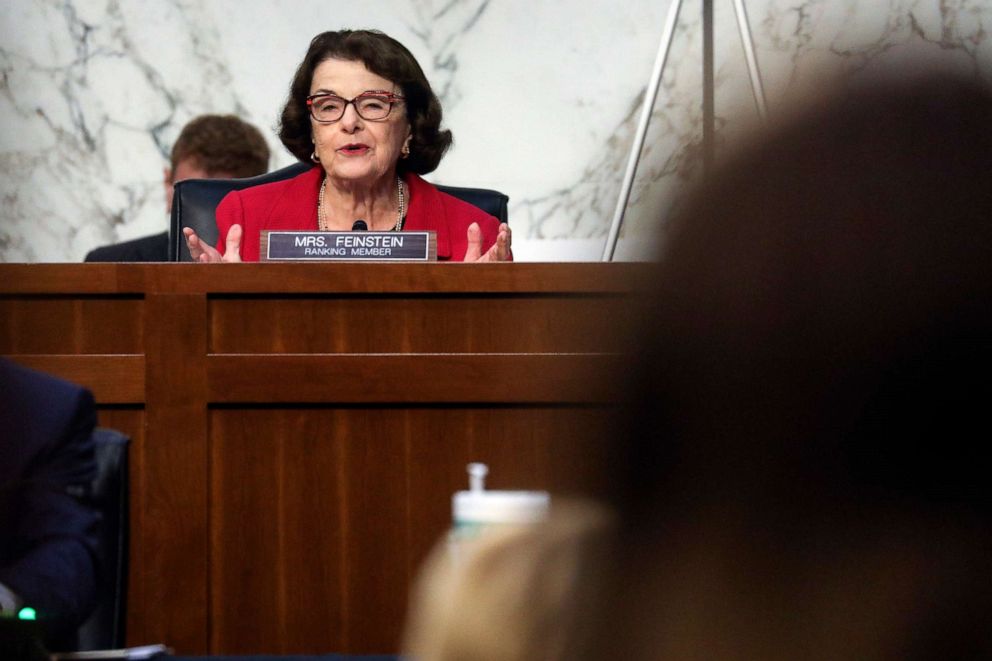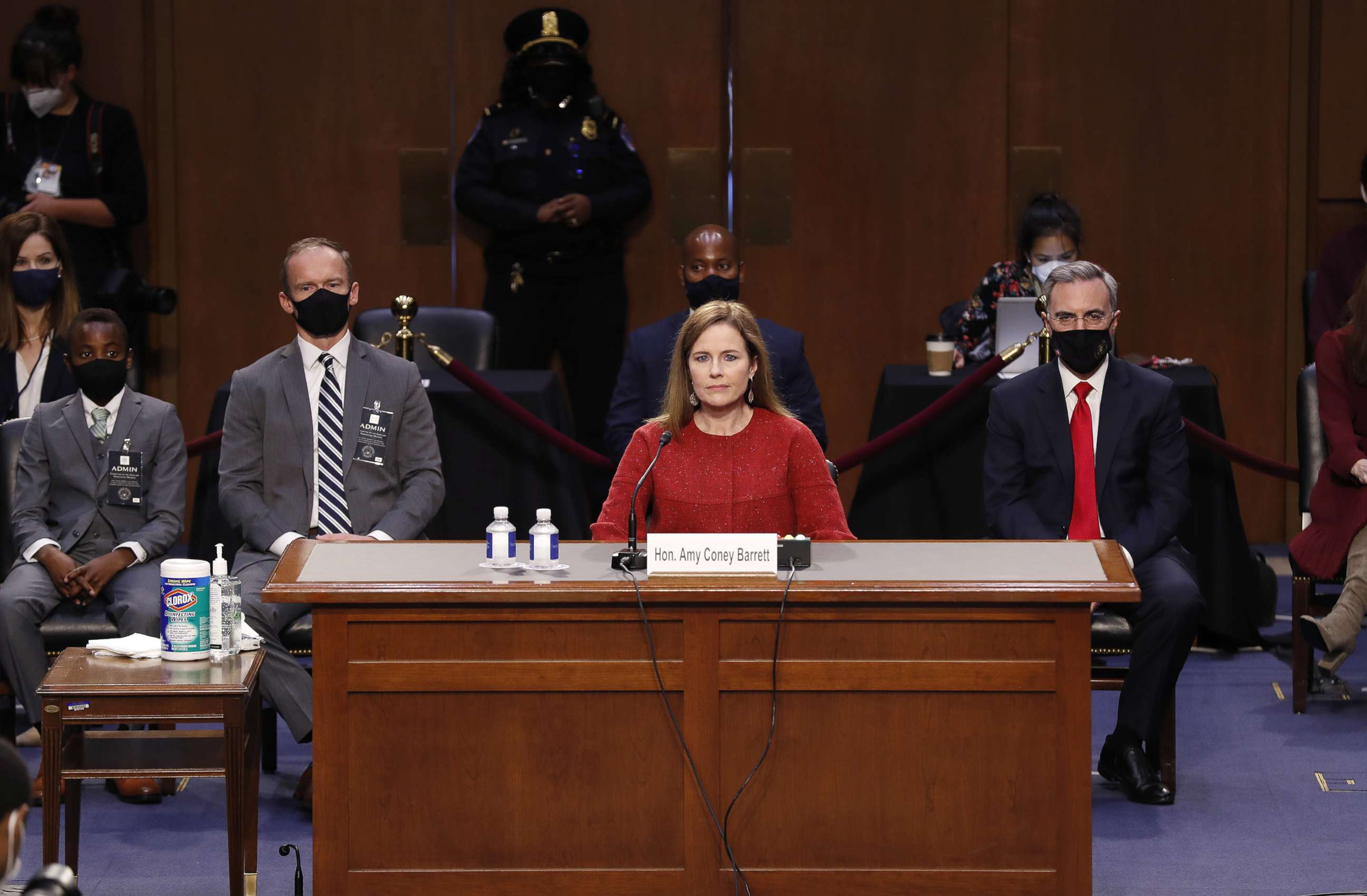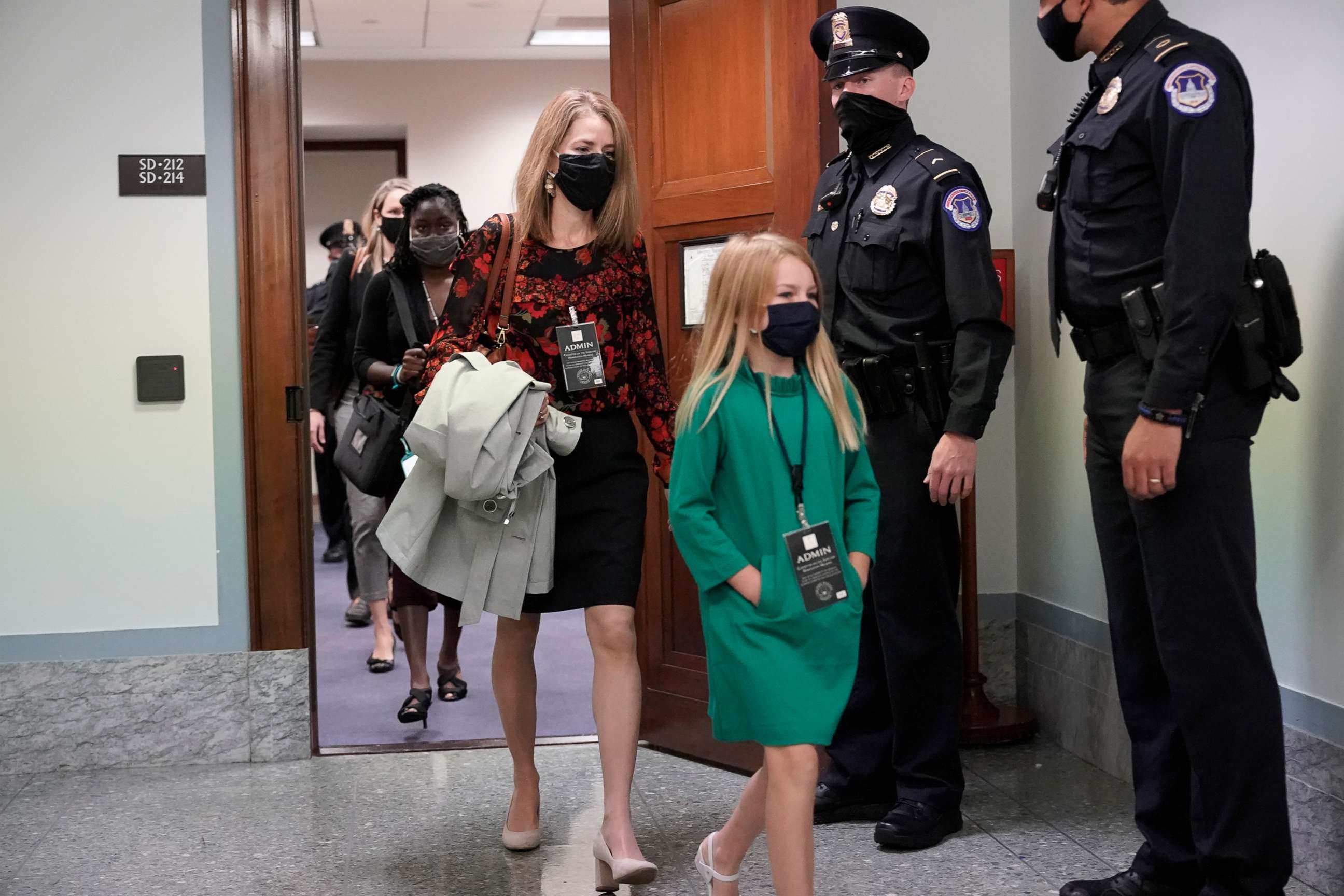Barrett won’t say whether she agrees with Scalia that Roe was wrongly decided
Ranking member Sen. Dianne Feinstein, D-Calif., focused squarely on the future of the landmark abortion cases -- Roe v. Wade and Planned Parenthood v. Casey -- recalling a time when abortion was not legal in the U.S. and she says she saw young women hurt themselves trying to seek care elsewhere as a result.
“Do you agree with Justice Scalia's view that Roe was wrongly decided?” Feinstein asked.
Barrett declined to answer specifically, citing precedent to not share how one would decide on a case as a sitting judge.
Barrett declines to answer: “If I express a view on a precedent … it signals to litigants that I might tilt one way or another in a pending case.”
“I'll invoke Justice Kagan's description in her confirmation hearing. She said she wouldn't grade precedent or give it a thumbs up or thumbs down. In an area where precedent continues to be pressed and litigated -- as is true of Casey -- it would be particularly -- it would be wrong and a violation of the cannons for me to do that as sitting judge,” Barrett said. “So if I express a view on the precedent one way another whether I say or love it or hate it, it signals to litigants I might tilt one way or another in a pending case.”

Feinstein, saying she was "distressed not to get a straight answer," tried again. “Do you agree with Justice Scalia's view that Roe can and should be overturned by the Supreme Court?”
Barrett provided the same non-answer.
“Because, you know, that's a case that is litigated. It could -- its contours could come up again. They came up last term before the court. So, I think what the Casey standard is and that's just a contentious issue which is one reason why it would be comforting for you to have an answer but I can't express views on cases or pre-commit to approaching a case any particular way,” she said.
Feinstein said Barrett’s answer would make it difficult for women on the committee to support her.







